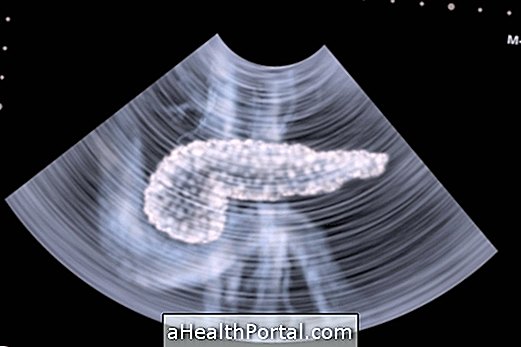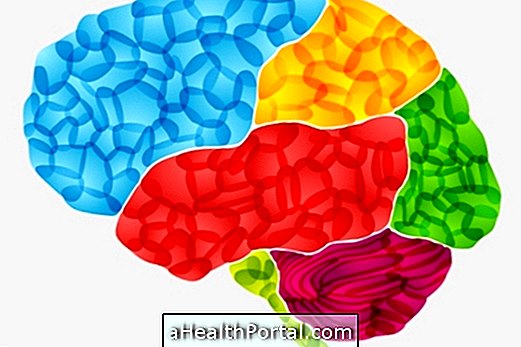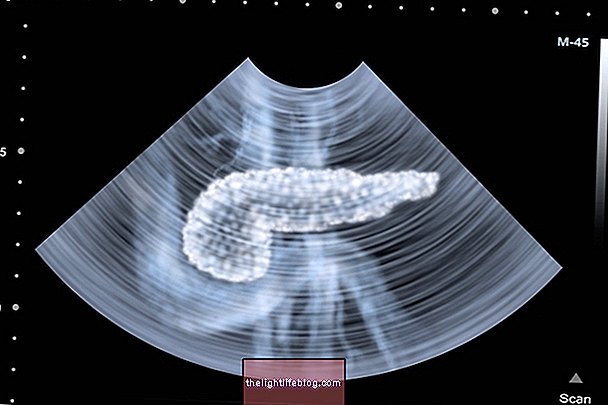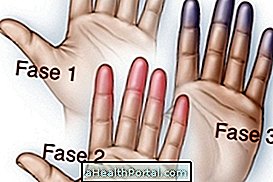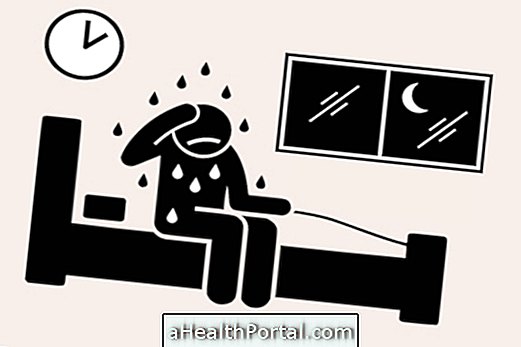Hepatic encephalopathy is a disease characterized by malfunctioning of the brain due to liver problems such as liver failure, tumor or cirrhosis.
One of the functions of the liver is to filter blood from digestion because it is responsible for metabolizing substances considered toxic to some organs. When the liver can not properly filter this blood, some toxic substances such as ammonia reach the brain and central nervous system causing hepatic encephalopathy.
The classification of hepatic encephalopathy is:
- Hepatic encephalopathy type A : with acute liver failure;
- Hepatic encephalopathy type B : with encephalopathy associated to port-systemic bypass;
- Hepatic encephalopathy type C : when associated with cirrhosis and portal hypertension.
Hepatic encephalopathy may still occur sporadically, persistently or minimally. Being that:
- Sporadic hepatic encephalopathy : precipitated, spontaneous and recurrent;
- Persistent hepatic encephalopathy : mild, severe, treatment-dependent;
- Minimal hepatic encephalopathy : preclinical manifestations requiring special means of diagnosis. It was formerly called latent encephalopathy and subclinical encephalopathy.
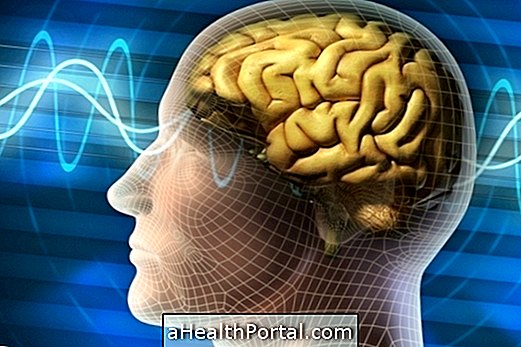
Symptoms of hepatic encephalopathy
Symptoms of hepatic encephalopathy may include:
- Lentification of thought;
- Somnolence;
- Tremors;
- Motor discoordination;
- Behavioral disorders;
- Skin and yellow eyes;
- Swollen abdomen;
- Bad breath;
- Frequent forgetfulness;
- Mental confusion;
- It worsens in writing.
These symptoms may gradually appear and appear suddenly in people with hepatic impairment.
Several blood tests, computerized tomography, magnetic resonance imaging and electroencephalogram should be performed to diagnose hepatic encephalopathy.
Main causes
The causes of hepatic encephalopathy are related to liver malfunction. Some situations that can trigger hepatic encephalopathy are:
- Excessive consumption of proteins;
- Inadequate intake of diuretics;
- Alteration in the electrolytes of the bloodstream as can occur in case of bulimia or dehydration;
- Bleeding from the esophagus, stomach or intestine;
- Excessive drinking of alcohol;
- Kidney disease.
Taking medication improperly can also cause this disease, especially in people with liver problems.
Treatment for hepatic encephalopathy
The treatment for hepatic encephalopathy is to find out its cause and then eliminate it. It may be necessary to decrease protein intake and take the medication properly. Some medicines that may be used are: Lactulose, neomycin, rifaximin. Learn more details and how proper food is for this disease.
